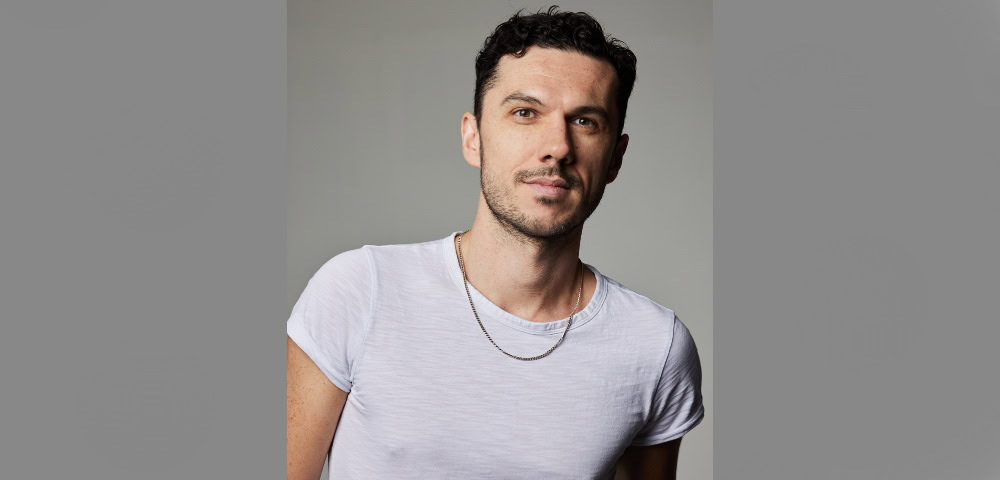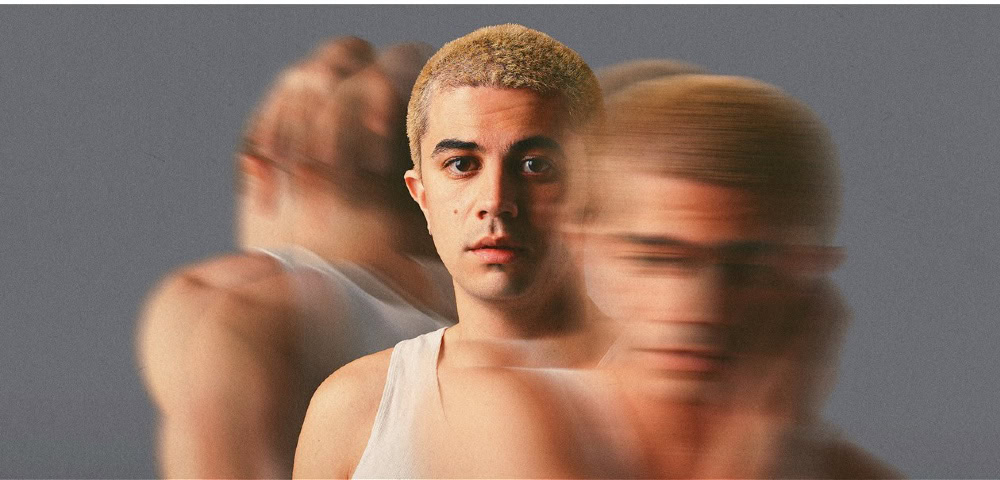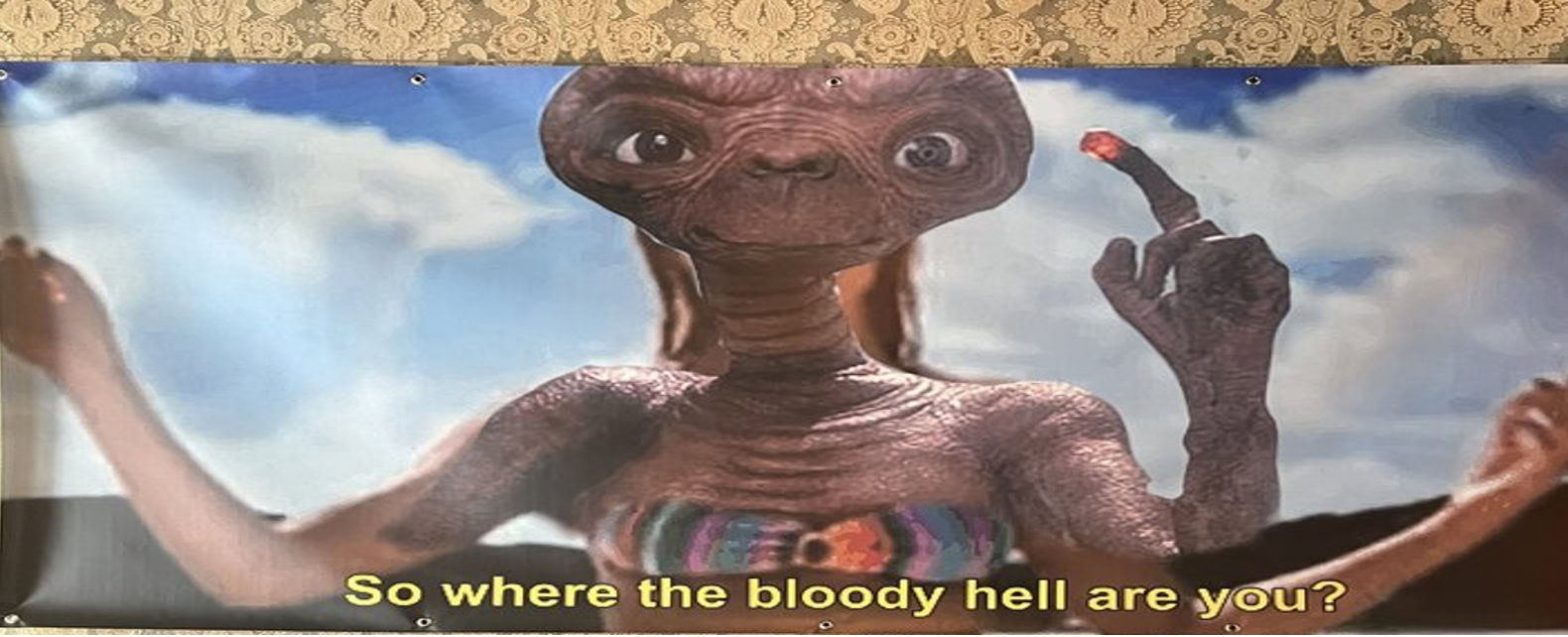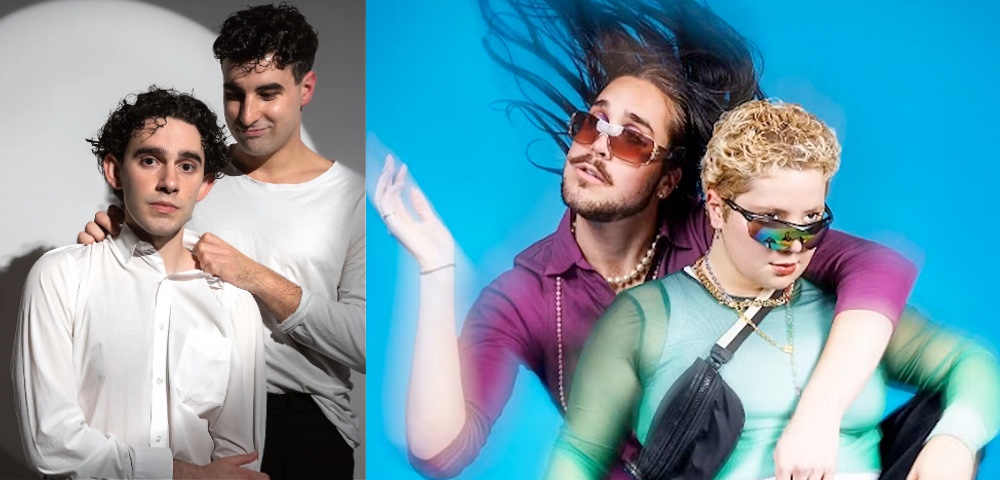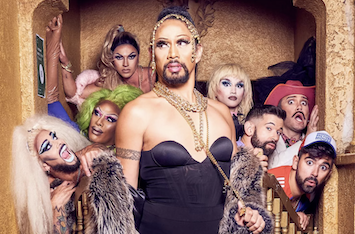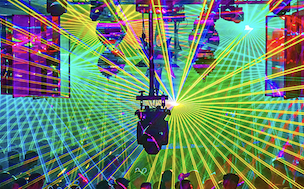
New lesbian filmmaker challenges stereotypes with everyday truths
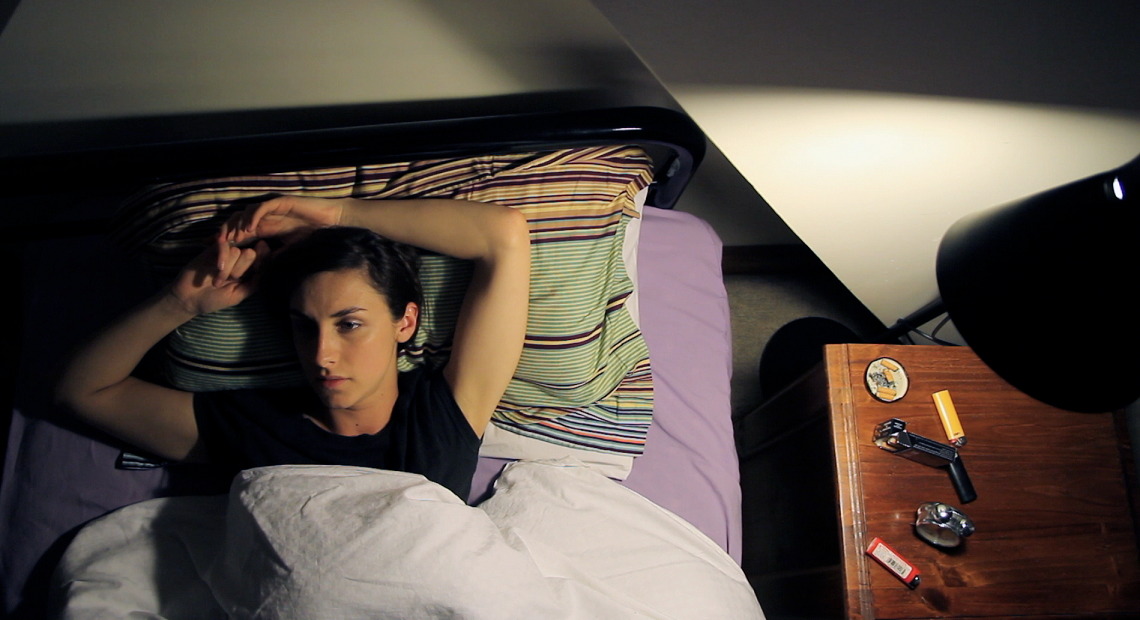
MAKING her first feature film Zoe.Misplaced, writer and director Mekelle Mills wanted to tell a story she had rarely seen on film before: the very normal, very relatable romantic ups and downs of a 20-something lesbian.
Listening to advice filmmaker Kevin Smith gave to film school students that the only way to succeed in the industry was to be driven by a unique angle and perspective, Mills realised she had one.
“It popped into my head that being gay myself and not being able to find films that were relatable and feeling like they were all following the same structure and were boring, I thought, that is my way in,” she told the Star Observer.
Showing as part of this year’s Melbourne Queer Film Festival, Zoe.Misplaced is about a student who falls in love with a girl she shouldn’t and the repercussions that romance causes throughout her life.
As Australian audiences continue to see more films about the diverse experiences of young gay men, Mills said that diversity was lacking in films about lesbians, in part because many of these films were made by men.
She said in some ways this was part of a bigger conversation going on about women in the film industry, and argued many lesbian filmmakers didn’t feel they had the support they needed to create and release a film in what was a highly-competitive business, so not many were made.
“Even for the Mardi Gras Film Festival, they had very few lesbian films submitted. Gay films—male films—there was an abundance,” Mills said.
“For some reason they just find that females aren’t going to the cinema as much. I like to argue that point and say they don’t feel like there’s a quality of film worth seeing.”
She did say she and other up-and-coming lesbian filmmakers in Australia were having this conversation, praising the film Submerge that premiered last year and The Trouble With E, currently in post-production.
The obstacles Mills faced in even getting Zoe.Misplaced made and into the cinema made the first time she saw it on the big screen an intimidating prospect.
At its world premiere in Sydney last month she said she had to introduce the film, sit through it with everyone knowing who she was, then answer audience questions afterwards. She confessed that that was quite confronting for her.
“Not only is the film something I created but it is really quite personal and there is a lot of myself in there,” she said.
“Even if it weren’t on the big screen, having so many people see it, sitting there and thinking about how they were going to take it and what they would think of it was quite daunting and scary.”
However, Mills needn’t have worried. The supportive audience response for Zoe.Misplaced proved what the director had hoped for: that the film captured something everyday and fundamental about the experiences of gay women that wasn’t usually seen on the big screen.
And considering the challenges of bringing that story to the cinema, that first screening was also an emotional experience for Mills.
“Before going to see the film I honestly thought that I wouldn’t be able to sit in the cinema because I’d be so nervous,” she said.
“I really did cry. I won’t ever be able to communicate to anyone how that feels.”
Zoe.Misplaced is screening as part of the Melbourne Queer Film Festival, on Sunday, March 23 at ACMI Cinema 2. For more information and bookings visit mqff.com.au.




